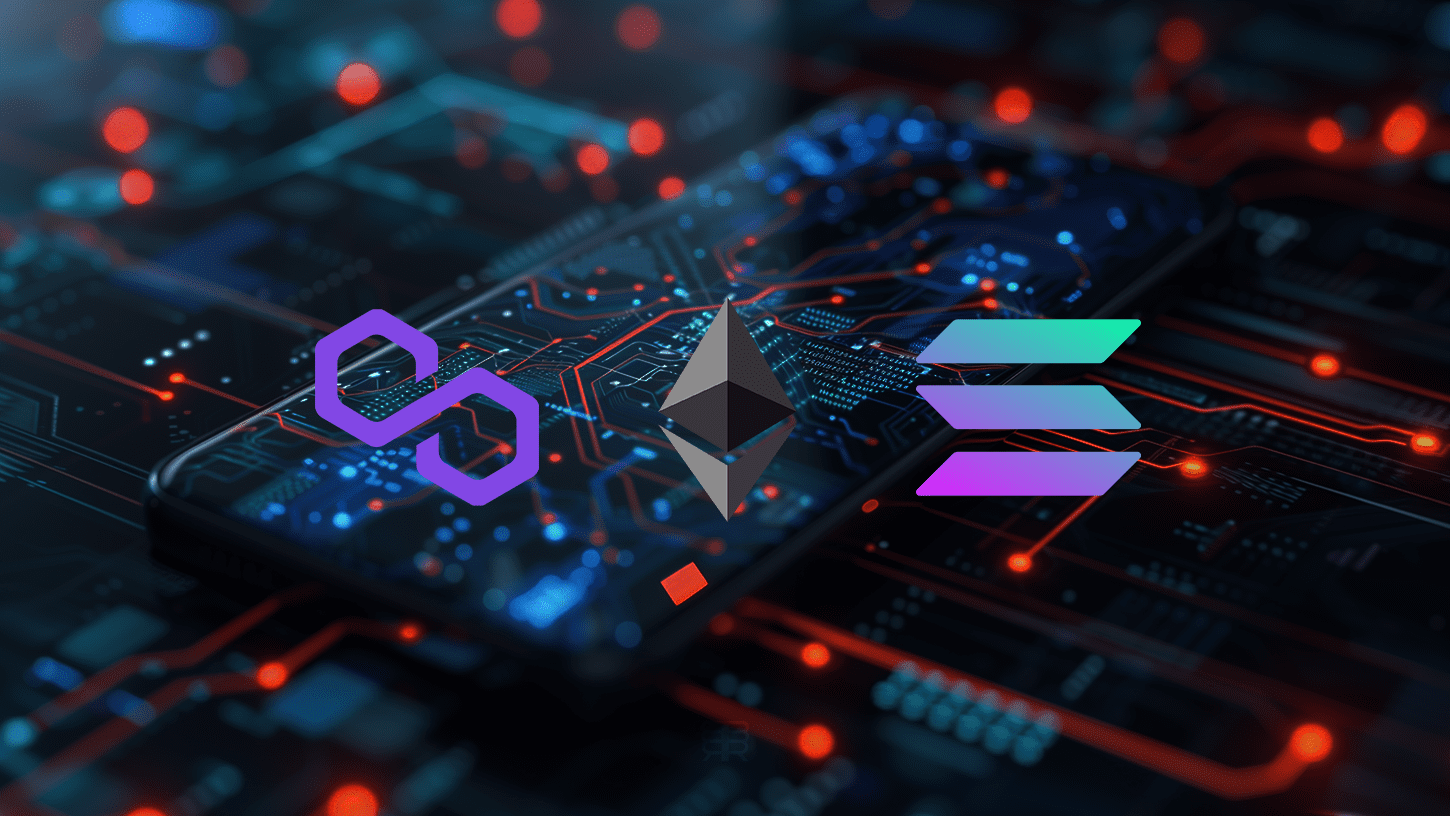Can Binance Pay Break South Africa’s Crypto Payments Barrier?

South Africa’s online retail market surged to R71 billion in 2023, reflecting a 29% increase from 2022. With momentum building, it’s expected to break the R100 billion mark by 2026, according to the Online Retail in South Africa 2024 report. However, while e-commerce accelerates, cryptocurrency remains a marginal payment method, with limited adoption among online merchants. The question now is whether Binance Pay can change that.
Binance is betting big on this potential. Its local rollout offers a combination of features aimed at reshaping how South Africans pay online using crypto.
Binance Pay South Africa Crypto Payments with Zero Gas Fees
At the heart of Binance Pay’s offering is zero gas fees and instant settlement in over 100 cryptocurrencies. The service claims to match the simplicity of cards or EFTs, with merchants receiving Rand settlements the next business day. According to Larry Cooke from Binance Africa, this signals a “breakthrough moment” for stablecoins in Africa.
Globally, Binance Pay has processed over $230 billion in crypto payments across more than 300 million transactions. The platform is deeply integrated into the Binance ecosystem, which brings global infrastructure into a local context.
In South Africa, it is now connected to major local gateways like Peach Payments and MoneyBadger. In the first half of 2025 alone, MoneyBadger processed 19,536 crypto transactions worth R7.77 million, showing a small but growing appetite for using crypto for everyday expenses.
From Speculation to Spades and Light Fittings
There is also a noticeable shift in consumer behavior. Instead of holding crypto purely as an investment, South Africans are beginning to spend it on practical goods. Carel van Wyk, co-founder and CEO of MoneyBadger, reported examples such as garden tools and lighting fixtures, suggesting a move toward the mainstreaming of crypto payments for household needs.
This aligns with broader trends highlighted in the Online Retail in South Africa 2024 report, which found that online shopping behavior is expanding across more diverse product categories.
Why Trust, Not Tech, Is the Real Hurdle
Despite these advances, a major obstacle remains: trust. Only 18.6% of South Africans believe online shopping is safe. Even fewer (19.7%) feel confident entering personal details online. These figures point to a serious trust gap in the digital commerce space.
The report also shows that 26.9% of cart abandonments happen because users don’t feel comfortable sharing credit card data. In theory, Binance Pay can solve this by eliminating the need for cards. However, replacing one layer of perceived risk with another unfamiliar one may not be enough to reassure a skeptical audience.
Traditional Payments Still Dominate
Binance Pay is entering a space already dominated by deeply entrenched and trusted systems. South African retailers almost universally accept credit and debit cards (100%) and EFTs (96%), which are often backed by digital-first banks like TymeBank and Bank Zero. These banks already offer fee-free or low-cost transactions, which dilutes the perceived advantage of crypto’s no-fee pitch.
Moreover, when choosing a payment gateway, businesses prioritize trust (91%) and security (90.6%) well above features like a wide range of payment methods (only 18.1% consider this critical). This means that even advanced crypto features need to first pass the trust test before being embraced at scale.
Accessibility Remains a Barrier
According to Stats SA and the World Wide Worx study, a large portion of the population still faces basic digital literacy challenges. Over 21.6% of consumers “definitely agree” that they don’t know how to shop online, while 28.5% still prefer physical stores.
The high rate of mobile phone usage for online shopping (50.4%) presents an opportunity for Binance Pay’s QR code features, but broader adoption will require education campaigns and better onboarding UX to reach those who are not yet comfortable with digital wallets or online checkouts.
Technical Features Don’t Always Solve Real Problems
E-commerce retailers in South Africa report that the top operational challenges are payment failures (18.2%) and customer service issues (16.8%). While Binance Pay promises instant crypto settlements, there is no concrete data yet on how this impacts transaction failure rates compared to traditional card payments.
Furthermore, failed credit card transactions account for over half (52.2%) of cart abandonments, but it’s unclear if crypto transactions—especially with wallet compatibility issues and volatile token prices—offer a meaningfully more stable alternative.
Final Thoughts: Promise Meets Practicality
Binance Pay is a strong technical solution with global credibility and local integration. Its features are powerful, and the use cases in South Africa are growing. However, real adoption will require it to overcome non-technical barriers: trust, education, brand familiarity, and integration with consumers’ everyday financial habits.
The opportunity is massive. But so is the gap between tech potential and market reality.
If Binance Pay wants to shift cryptocurrency from a fringe option to a widely accepted payment method in South Africa, it must build more than infrastructure. It must build consumer trust, and that takes more than zero fees, it takes time.






